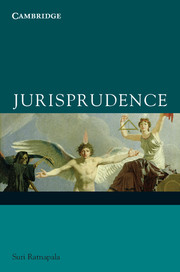12 - Justice
from PART 4 - RIGHTS AND JUSTICE
Summary
Justice is a universal aspiration, and the sense of injustice is a powerful human emotion. It is strongest when a person's own interests are harmed, but is also aroused in civilised people when they witness wrongs done to others. Widespread and unrequited injustice inevitably leads to conflict. A society that does not have justice as a governing principle is an unstable society that will be held together, if at all, by force. Justice is also a perennially controversial idea in human affairs. People are united in their belief in justice as an ideal, but are divided on what justice means or requires. Many conflicting claims for material goods are made in the name of justice because of its emotive power. Justice has no universally valid definition. It means different things to different people and its requirements may change over time. Different kinds of justice are not always in harmony. One person's claim for legal justice may conflict with another person's demand for distributive justice. The legal requirements of procedural justice may constrain the pursuit of substantive justice, as explained further below.
Justice is not exclusively a jurist's concern. It is at the centre of moral and social philosophy. I will not attempt the futile task of surveying, within a book chapter, the vast body of legal and philosophical literature on justice from the time of Plato to the present day. My aim is to explore the main connections between law and justice.
Information
- Type
- Chapter
- Information
- Jurisprudence , pp. 318 - 357Publisher: Cambridge University PressPrint publication year: 2009
Accessibility standard: Unknown
Why this information is here
This section outlines the accessibility features of this content - including support for screen readers, full keyboard navigation and high-contrast display options. This may not be relevant for you.Accessibility Information
- 2
- Cited by
